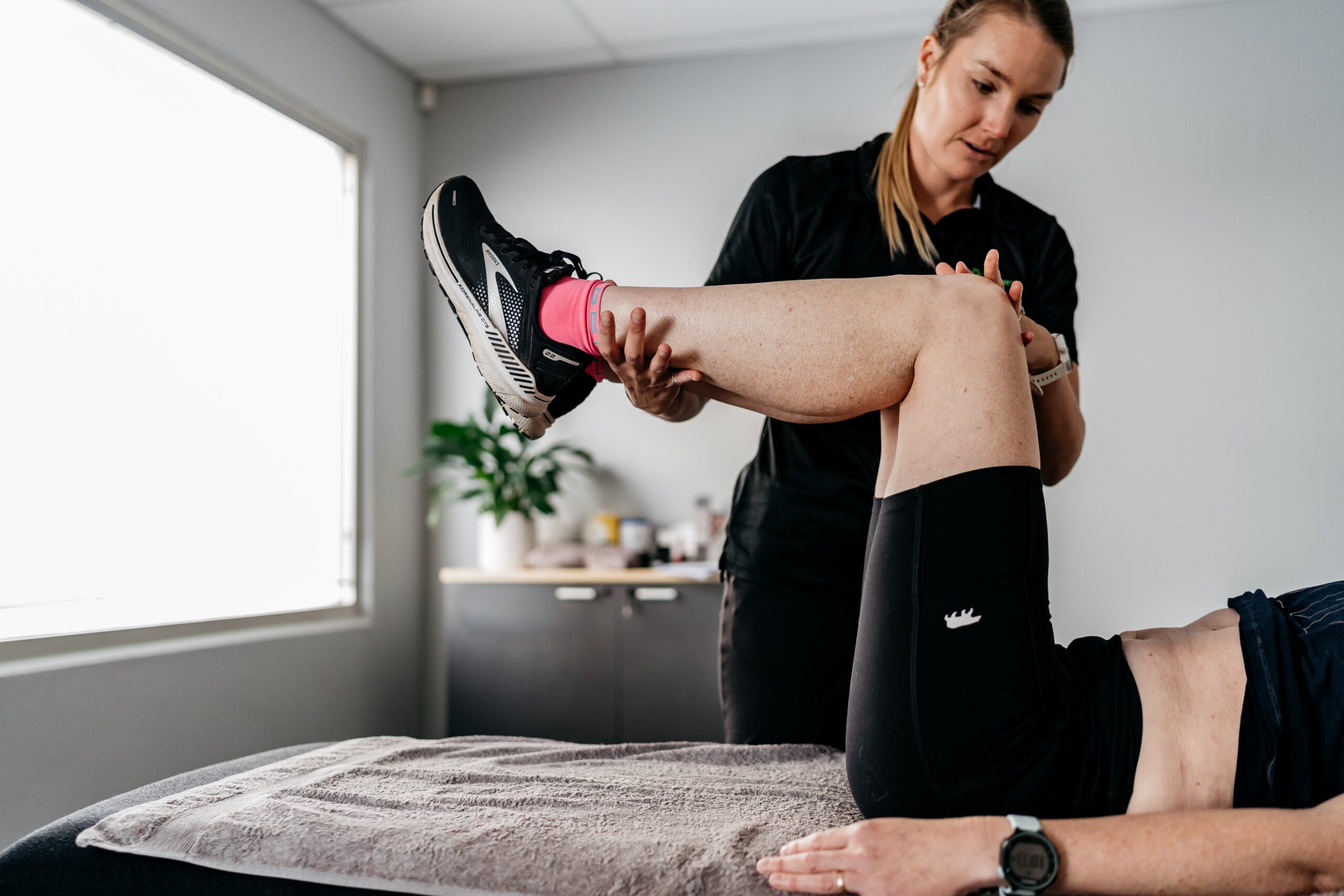
Menopause & Exercise
As with any other stage of a woman’s life, exercise plays an important role in health and wellbeing during menopause. The changes to bone, muscle and tissue health that are seen during menopause do mean that we need to be quite specific with how exercise is prescribed.
Why do we need to exercise?
Exercise has been shown to delay the onset of osteoporosis, improve balance and muscular fitness. We know that:
- Exercise that enhances muscle strength and mass also increases bone mass and strength.
- Exercise is an effective treatment strategy to slow down sarcopenia progression and prevent or delay the onset of (and treat) osteoporosis.
- It is important that the exercise is specific and tailored to the individual, with progressive loading principals applied.
- This means you should be doing something designed for you, that is reviewed and progressed regularly to ensure you continue to benefit from the exercise you are doing.
- While any and all exercise is good, to achieve the best outcomes a specific program is most appropriate.
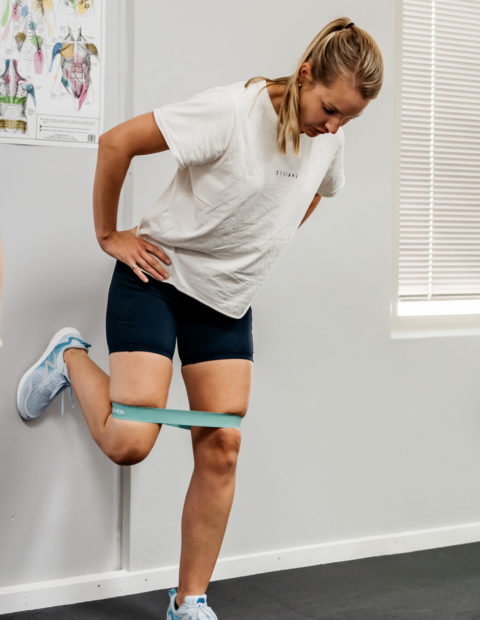
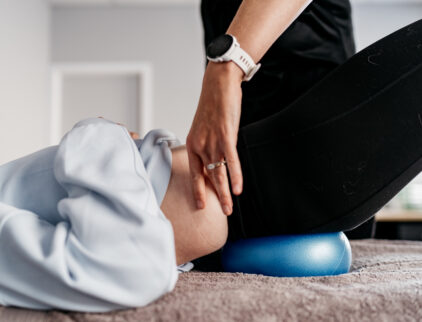
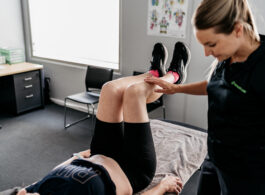
What does this exercise look like?
Ideally, there will be a wide variety of exercise included in a program, and research has indicated the following is beneficial:
Type |
Frequency |
Duration |
Intensity |
| Moderate Aerobic Exercise | At least 5 days a week | 30-60mins | 4-5 RPE |
| Vigorous Aerobic Exercise | At least 3 days a week | 20-60mins | 6-8 RPE |
| Resistance Exercise – Novice Exercisers | 1-2 days a week | Dependant on exercises | 5-8 RPE |
| Resistance Exercise – Experienced Exercisers | 2-3 days a week | Dependant on exercises | >8 RPE |
| Flexibility | 2-3 days a week | ~10mins | N/A |
| Balance | Daily | 15-20mins, cumulative of 2hrs/week | N/A |
*RPE = rating of perceived exertion, with 1 being very light activity, and 10 being maximal effort.
While we recognise that this is what is recommended by the research, we recognise that this volume of exercise is unachievable by a significant proportion of the population. For this reason, we would suggest aiming for:
- A minimum of 150 minutes of moderate intensity exercise per week.
- Where possible, this should include some vigorous aerobic exercise.
- Resistance training should be included twice a week, with exercises that challenge both flexibility and balance.
- For novice or previously inactive women, a priority should be placed on weight bearing and loaded exercises (ie. walking rather than swimming).

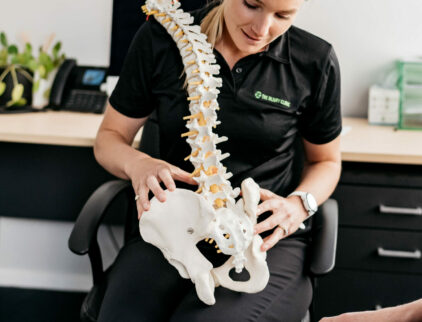

In Summary
We recognise the importance of exercise as part of a normal routine for menopausal women, however, we also recognise the level of activity suggested by some publications is unachievable by many. It is therefore recommended that an appropriate program is designed which is achievable and manageable, but also challenges the strength and dynamic balance of the individual. If you have any questions, or for more information please email info@theinjuryclinic.com.au.
Schedule your next visit
If you’re interested in booking an appointment with one of our team members, contact our clinic today and we’ll be happy to find time for a consultation.
Schedule Consult